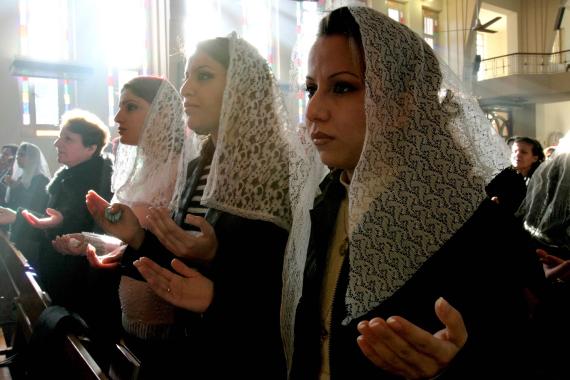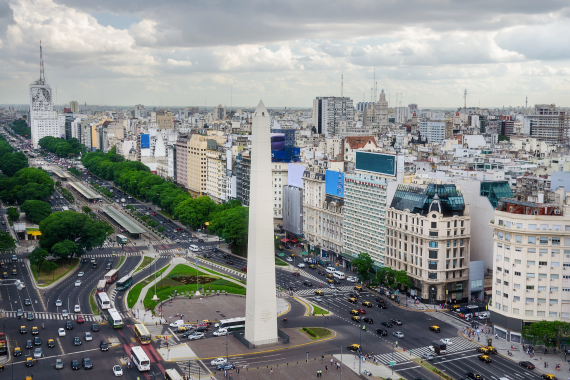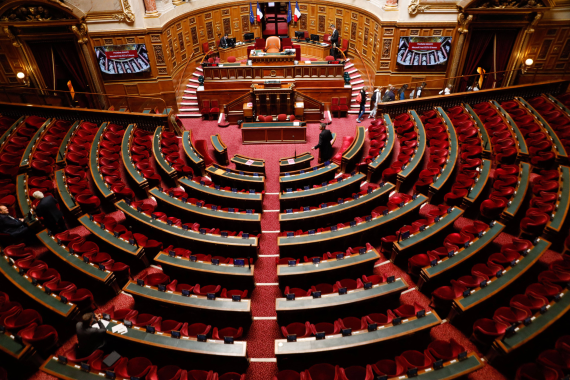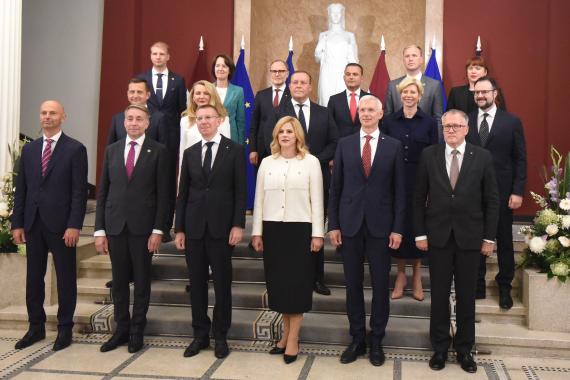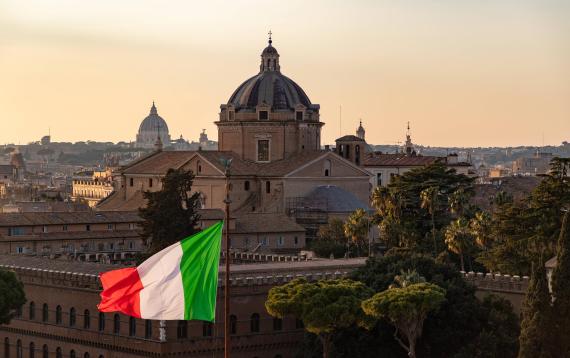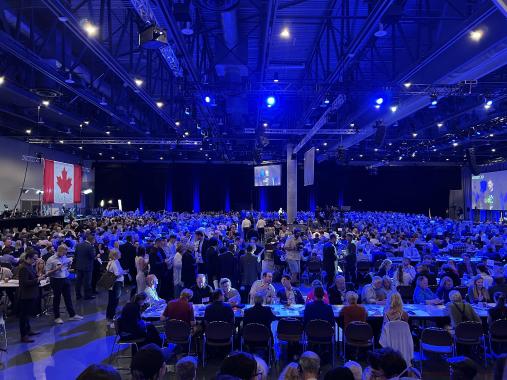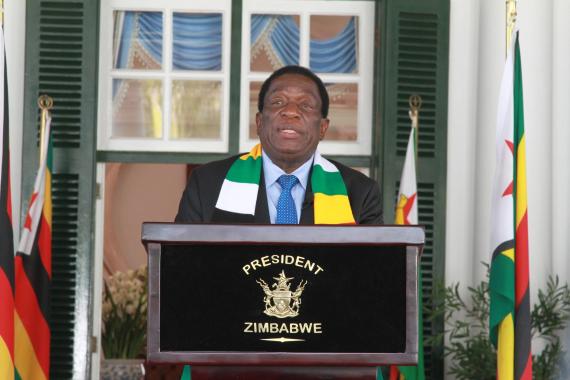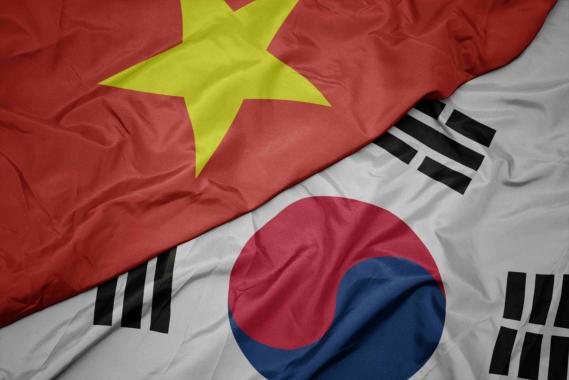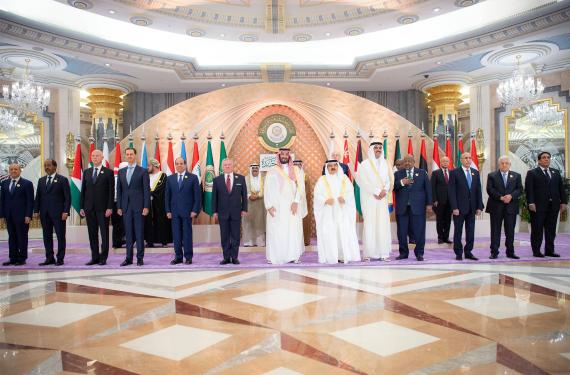Senate elections 2023:
Confirmation of the bourgeois-conservative camp in the French upper house of parliament
The French Senate, which has been dominated by the bourgeois-conservative camp since the beginning of the Fifth Republic - with the exception of a three-year socialist interlude between 2011 and 2014 - saw no political surprise in the partial elections to the Senate on September 24, 2023. The Républicains (LR), along with their Union centriste allies, retained an absolute majority in the Palais du Luxembourg, the seat of the Senate in Paris. The Union Centriste is a French parliamentary group that unites center and center-right deputies in the Senate. It is currently the third strongest political force in the upper house and unites, among others, the parties Union des démocrates et indépendants, Les Centristes, Parti radical, Alliance centriste, Calédonie ensemble and Tapura huiraatira. Currently, 144 seats (previously 145) are expected for LR and around 60 seats for the Union centriste (previously 57). The final results will be announced on October 3, the deadline for newly elected deputies to join a parliamentary group Senator Gérald Larcher (LR), re-elected for the sixth time, is expected to be reconfirmed in his post as Senate president. The election results of the partial elections can be classified as an indicator of the development of the French party landscape. At the same time, the elections distort the current mood among French voters due to their specific electoral law - while the election says a lot about the traditional and local anchoring of the parties, hardly any or no conclusions can be drawn for the next presidential, parliamentary or European elections.



